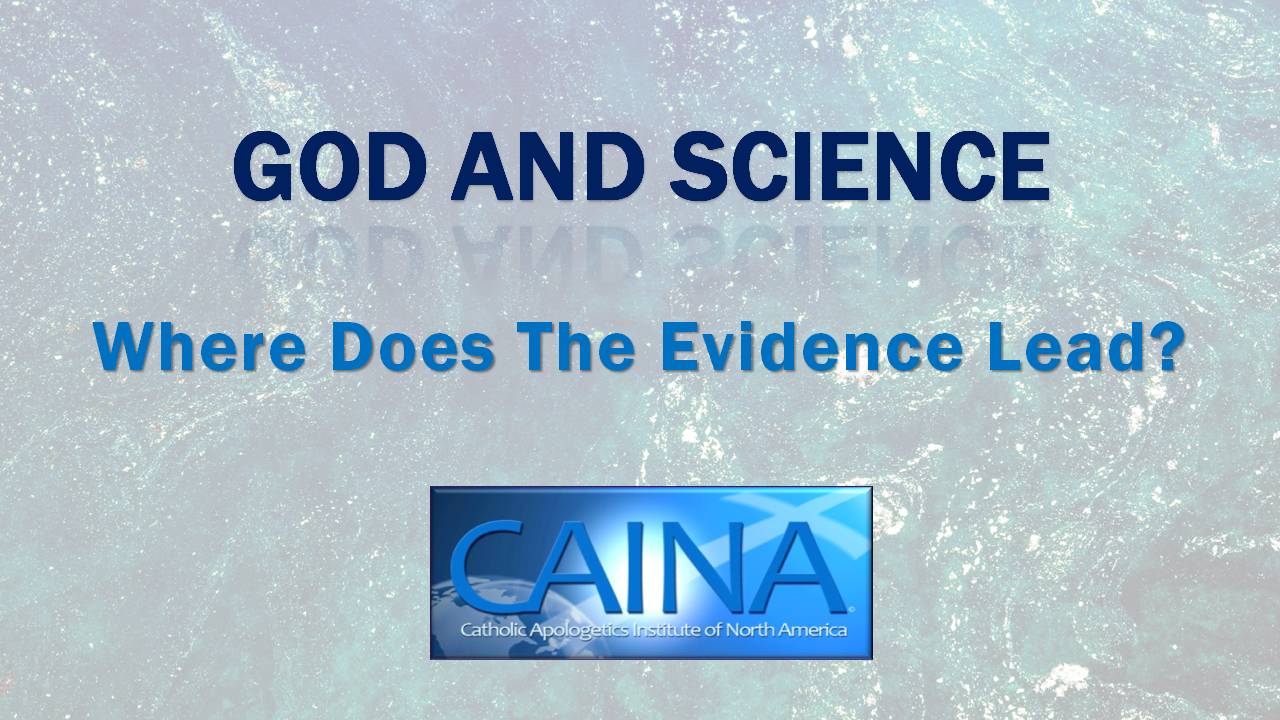God and Science: Where Does the Evidence Lead?
Presentation Overview:
Most people find they need to answer for themselves and in discussions with others the question: “Does God exist?” To help answer this “big question,” this multimedia presentation presents compelling scientific evidence of God’s existence from cosmology and physics. Contrary to the usual myth of a conflict between science and faith, attendees are excited to learn “the rest of the story” about the actual scientific evidence of God’s existence, mostly presented on video by scientists themselves. This evidence, which God left for science to discover, reveals a cosmos brought into being by a Creator beyond space and time and a universe that is surprisingly finely tuned to be “just right” for life.
As such, this presentation provides an overview of amazing scientific evidence demonstrating God’s existence. This objective evidence of God’s existence helps dispel doubts and strengthen faith, as well as provides persuasive reasons for belief that are valuable for sharing with family and friends who have questions about the existence of God.
Notes:
(1) This multimedia presentation on God and Science: Where Does the Evidence Lead? is about 45 minutes long and is appropriate for middle school, high school and college students, as well as adults. When done with youth ministry groups or as a retreat workshop, this session can also include personal reflection and small group discussion handouts.
(2) A longer version of this presentation is available for adults and is entitled Proclaiming the Reality of God: Scientific and Human Evidence of God’s Existence. In addition to the scientific evidence presented in the shorter version above, the second part of this 1.5-hour presentation includes evidence of God’s existence from within human nature, including our consciousness and conscience. Since our free will and desires for perfect knowledge/truth, perfect justice/goodness, and perfect love are not necessary for survival, where do they come from and why do we have them? This second part also explores the persuasive case made by C.S. Lewis about how our conscience, which he calls the “moral law written on our hearts,” points to God’s existence.

